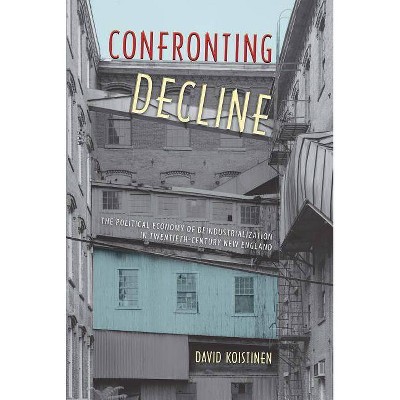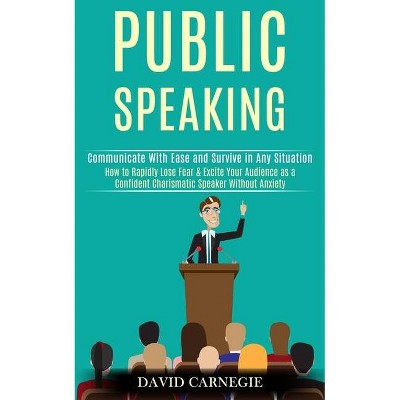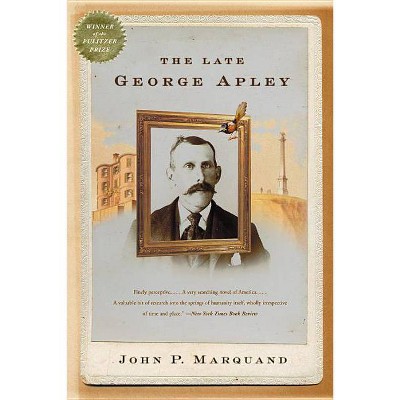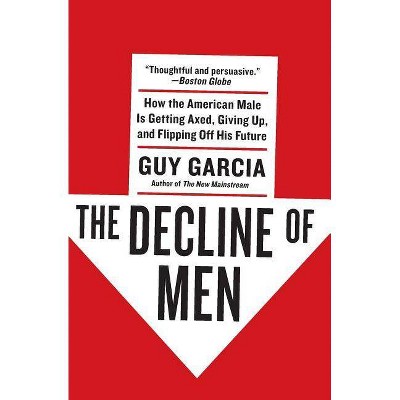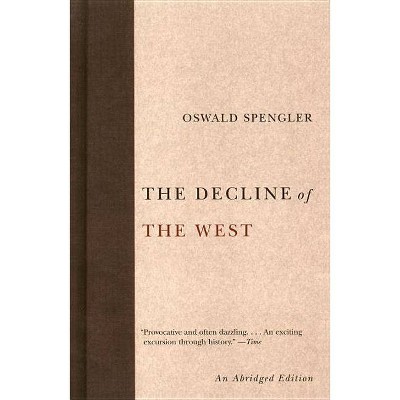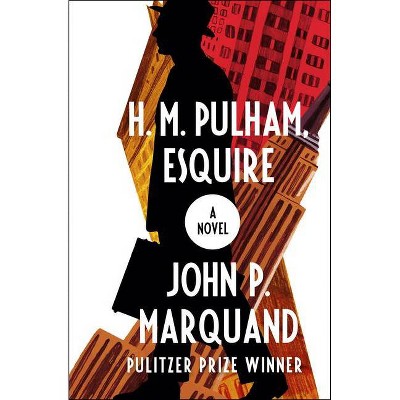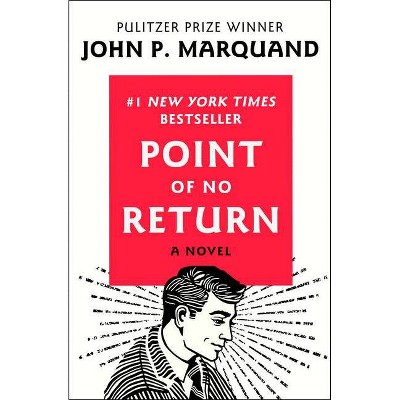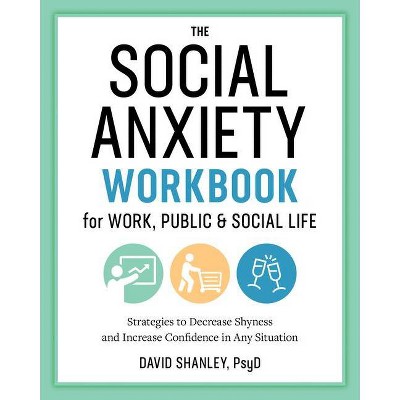Decline of the Public - by David Marquand (Paperback)
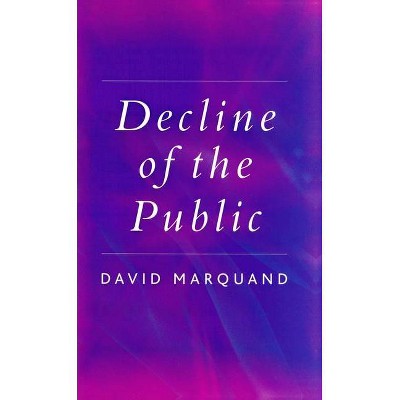
Similar Products
Products of same category from the store
AllProduct info
<p/><br></br><p><b> Book Synopsis </b></p></br></br>'To construct a civilization around the nostrum that the public realm is morally, economically and socially inferior to the private realm is to submit to an alien barbarism in which what we hold in common is permanently placed as second best. David Marquand has constructed a masterly and highly readable plea for the idea of the public once again to be celebrated in British life. His re-entry into the national conversation could not be better timed or more important. Let's hope our fellow citizens take arms in the battle he invites us to join.'<br /> --Will Hutton, Columnist, Observer Newspaper<br /> <br /> <br /> 'A profound analysis of the decline of the public realm and the growth of unaccountable government in Britain. The summation of a life's work by one of Britain's leading political thinkers.'<br /> --John Gray, The London School of Economics<br /> <br /> <br /> <br /> <br /> <br /> The public domain of citizenship, equity and service is crucial for individual fulfilment and social well-being. But it has been under attack for thirty years - first from the market fundamentalists of the New Right, and then from their New Labour imitators. The results are everywhere - resource-starved public services; the marketization of the public sector; the soul-destroying targets and audits that go with it; the denigration of professionalism and the professional ethic; and the erosion of public trust. More damaging still are the hollowing out of citizenship, the manipulative populism that now pervades British government and a slide towards a new version of the 'Old Corruption' that our Victorian ancestors thought they had banished.<br /> <br /> <br /> <br /> <br /> <br /> David Marquand traces the growth of the public domain from Gladstone to Attlee, analyses the forces that began to undermine it in its post-war heyday and exposes the campaign that the Thatcher and Blair governments have waged against it. He ends with a call for a counter-attack, based on a re-statement of the civic ideal in a twenty-first century idiom.<br /> <br /> <br /> This book will appeal to all those who take an interest in current political events as well as those studying politics and social policy.<p/><br></br><p><b> From the Back Cover </b></p></br></br>'To construct a civilization around the nostrum that the public realm is morally, economically and socially inferior to the private realm is to submit to an alien barbarism in which what we hold in common is permanently placed as second best. David Marquand has constructed a masterly and highly readable plea for the idea of the public once again to be celebrated in British life. His re-entry into the national conversation could not be better timed or more important. Let's hope our fellow citizens take arms in the battle he invites us to join.'<br /> --<b>Will Hutton</b>, Columnist, <i>Observer Newspaper</i><br /> <p>'A profound analysis of the decline of the public realm and the growth of unaccountable government in Britain. The summation of a life's work by one of Britain's leading political thinkers.'<br /> --<b>John Gray</b>, The London School of Economics<br /> </p> <p><br /> </p> <p>The public domain of citizenship, equity and service is crucial for individual fulfilment and social well-being. But it has been under attack for thirty years - first from the market fundamentalists of the New Right, and then from their New Labour imitators. The results are everywhere - resource-starved public services; the marketization of the public sector; the soul-destroying targets and audits that go with it; the denigration of professionalism and the professional ethic; and the erosion of public trust. More damaging still are the hollowing out of citizenship, the manipulative populism that now pervades British government and a slide towards a new version of the 'Old Corruption' that our Victorian ancestors thought they had banished.<br /> </p> <p><br /> </p> <p>David Marquand traces the growth of the public domain from Gladstone to Attlee, analyses the forces that began to undermine it in its post-war heyday and exposes the campaign that the Thatcher and Blair governments have waged against it. He ends with a call for a counter-attack, based on a re-statement of the civic ideal in a twenty-first century idiom.<br /> </p> <p>This book will appeal to all those who take an interest in current political events as well as those studying politics and social policy.</p><p/><br></br><p><b> Review Quotes </b></p></br></br><br>David Marquand is a unique, perhaps irreplaceable, figure in British life ... [He] has written yet another stimulating book. He could strike a massive popular chord as Will Hutton did in the <i>State We're In</i>, and re-ignite British political thought. (Kenneth O. Morgan, <i>The Guardian</i>)<br /> <p>Gripping from start to finish ... a brilliant book. Marquand is as fresh and powerful as ever. (<i>Financial Times</i>)<br /> </p> <p>What makes Marquand's book so helpful is the historical sweep of how Britain developed the public domain in the first place. (Madeleine Bunting, <i>The Guardian</i>)<br /> </p> <p>Highly readable. (<i>Camden New Journal</i>)<br /> </p> <p><i>Decline of the Public</i> echoes concerns being heard across the political divide ... Marquand's analysis of the problem is compelling - and certainly worth worrying about. (<i>Health Service Journal</i>)<br /> </p> <p>...powerful and eloquent polemic. (<i>TLS</i>)<br /> </p> <p>This short, powerful book should interest students and eperts alike. (<i>Political Studies Review</i>)</p><br><p/><br></br><p><b> About the Author </b></p></br></br><b>David Marquand</b> is Principal of Mansfield College, Oxford and formerly Professor of Politics at Sheffield University.
Price History
Price Archive shows prices from various stores, lets you see history and find the cheapest. There is no actual sale on the website. For all support, inquiry and suggestion messagescommunication@pricearchive.us
